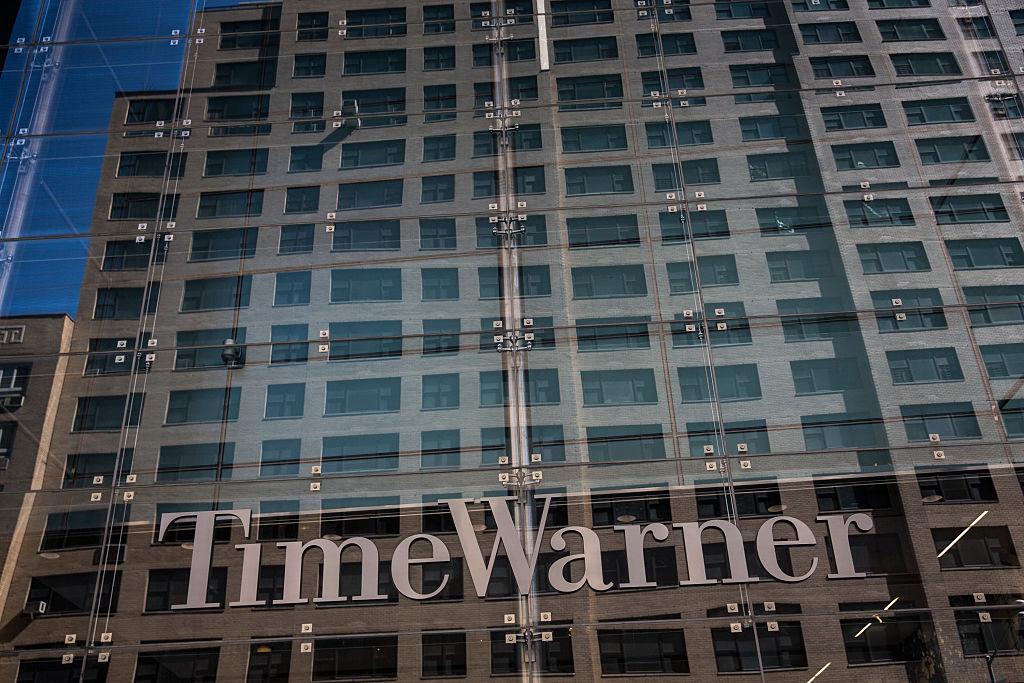A Spanish-language broadcaster, Univision filed a lawsuit against Charter Communications, Inc. (CHTR:NASDAQ) on June 8, accusing the company of breaching its agreement following the Time Warner Cable merger.
Prior to the merger, both Time Warner Cable and Charter were Univision’s distributors and they had separate agreements. Time Warner Cable’s agreement, which ends in June 2022, is more favorable for New Charter due to lower license rates paid to Univision. And the agreement between Univision and Charter expired on June 30.
Univision made attempts to engage in renewal negotiations with Charter in May and June. However, Charter responded “with stalling, obfuscation, and refusal,” said the complaint.
“Univision had no alternative because Charter has outright refused to negotiate a renewal agreement with Univision,” the company stated in its press release.
“Charter insists that the contract Univision had with Time Warner Cable is controlling, rather than its own contract with Univision.”
In addition, the agreement with Charter contains a “heavily negotiated provision,” which allows Univision to end the Time Warner Cable contract under certain conditions by the end of 2016.
Charter bought Time Warner Cable and its related entities for more than $70 billion in May 2016. The resulting company, New Charter, serves almost 24 million customers, making it the second-largest cable company in the United States trailing Comcast.





